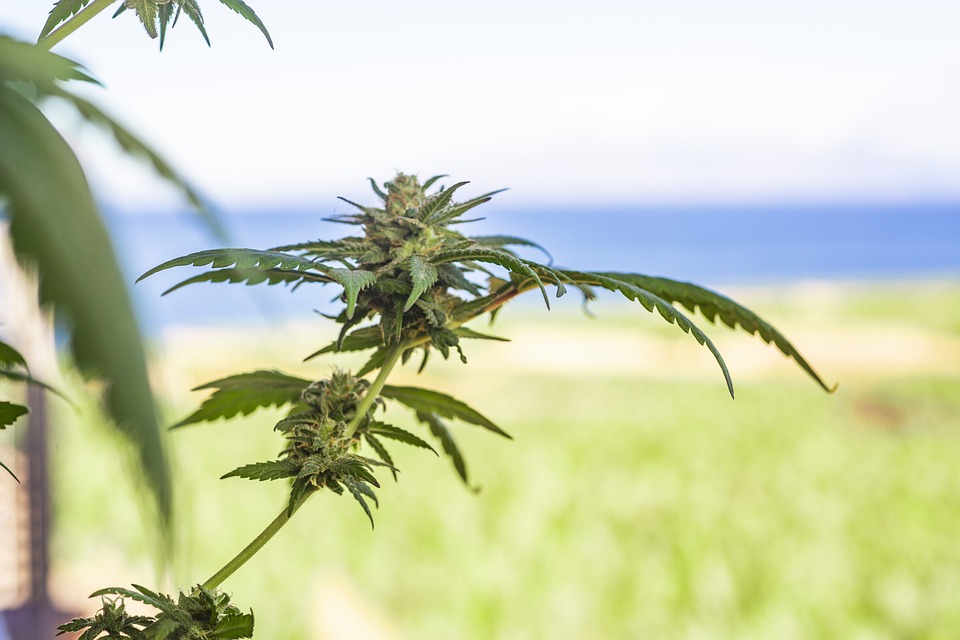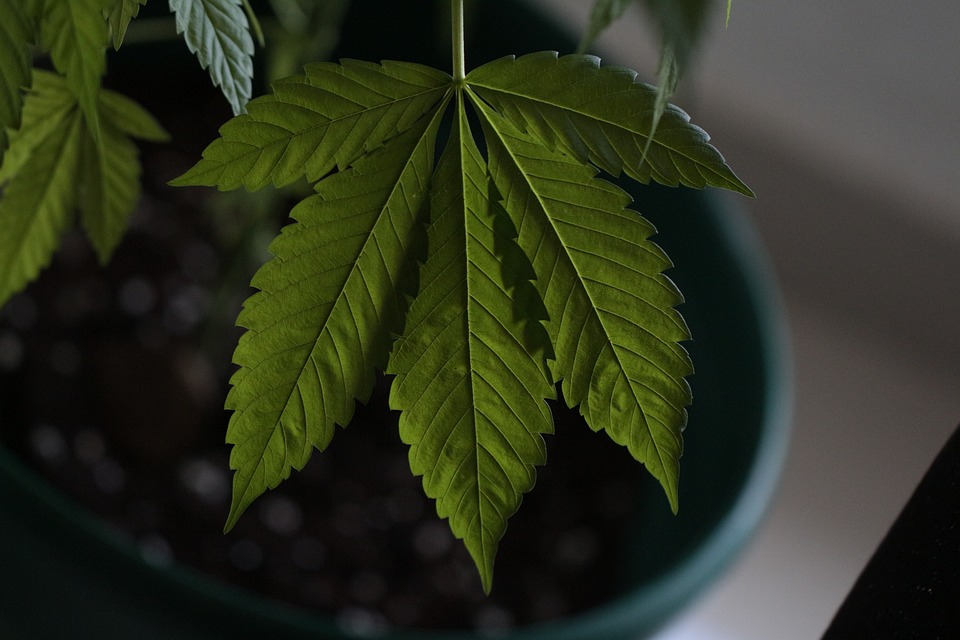Cannabis oil’s benefits are limited by poor bioavailability, but a new discovery could improve its absorption. The researchers, led by Dr. Maria Rodriguez, a professor of pharmacology at the University of California, San Diego, used a combination of nanotechnology and natural agents to create a novel delivery system that can improve the bioavailability of cannabis oil. According to their study, published in the journal Nature Medicine, the new delivery system can increase the absorption of THC, the most prominent psychoactive compound in cannabis, by up to 40%.
Cannabis oil, also known as cannabis extract or ganja, is a concentrated liquid extract of the cannabis plant. It contains a range of compounds, including THC, cannabidiol (CBD), and terpenes, which are responsible for its medicinal effects. While THC is responsible for the “high” associated with marijuana use, CBD has been shown to have numerous health benefits, including reducing inflammation and pain.
However, the bioavailability of cannabis oil is limited due to its lipophilic nature, which makes it difficult for the body to absorb. As a result, patients may need to take much higher doses to achieve the desired effects, which can be impractical and often leads to adverse side effects.
The new delivery system developed by Dr. Rodriguez and her team uses nanotechnology to encapsulate the cannabis oil in microscopic nanoparticles. These nanoparticles are designed to carry the oil across the gastrointestinal tract, where it can be absorbed into the bloodstream and distributed to the body’s tissues.
The researchers used a combination of natural agents, including curcumin, a compound found in turmeric, and quercetin, a flavonoid found in apples, to stabilize the nanoparticles and enhance their antioxidant properties. This dual-action approach not only improves the bioavailability of THC but also increases the overall antioxidant potential of the delivery system.
In a series of experiments, the researchers tested the new delivery system in animal models and found that it significantly improved the bioavailability of THC. The results were dramatic, with the delivery system increasing THC absorption by up to 40% compared to traditional methods.
The implications of this breakthrough are significant, as it could revolutionize the way we use cannabis oil for medicinal purposes. Patients with conditions such as chronic pain, inflammation, and anxiety may be able to achieve relief with lower and more effective doses, reducing the need for higher dosing and minimizing the risk of adverse side effects.
While more research is needed to confirm the safety and efficacy of this delivery system, the potential benefits are clear. With the novel delivery system, cannabis oil could become a more effective and user-friendly treatment for a range of medical conditions, offering a new level of relief and comfort for patients worldwide.
As the scientific community continues to explore the therapeutic potential of cannabis, this breakthrough could be a game-changer. With its potential to improve bioavailability, the new delivery system could pave the way for a new generation of cannabis-based treatments, offering hope to those seeking relief from a range of debilitating conditions.









Comments (8)
This new method sounds like a game-changer for medical cannabis users! 👏🏼🙌🏼
The article mentions using liposomes to enhance absorption. This is a common technique in drug delivery, and its application to cannabis oil isn’t entirely novel, but the specific approach descibed her may be. Further studies on the long-term effects are crucial.
This is just another example of big pharma trying to control the cannabis industry. They’ll patent this and jack up the prices! It’s all about profit, not people. I’m telling you, this is all a conspiracy!
This is amazing! I can’t wait to see how this impacts the medical cannabis field. It’s a huge breakthrough! So exciting!
Who knew nanotech would be the secret ingredient to better cannabis oils?
So, they found a way to make weed even more addictive. Great job, science! *sarcasm*
Lighter doses, fewer side effects? Yes, please!
This reminds me of that time I tried to make cannabutter using a double boiler…it was a disaster! But hey, at least this sounds way more sophisticated. LOL!